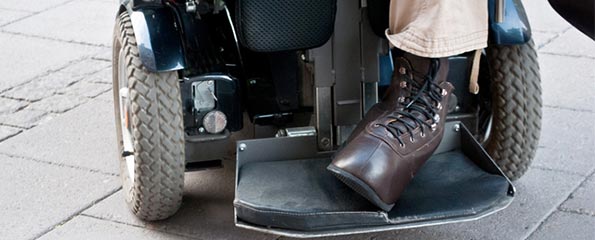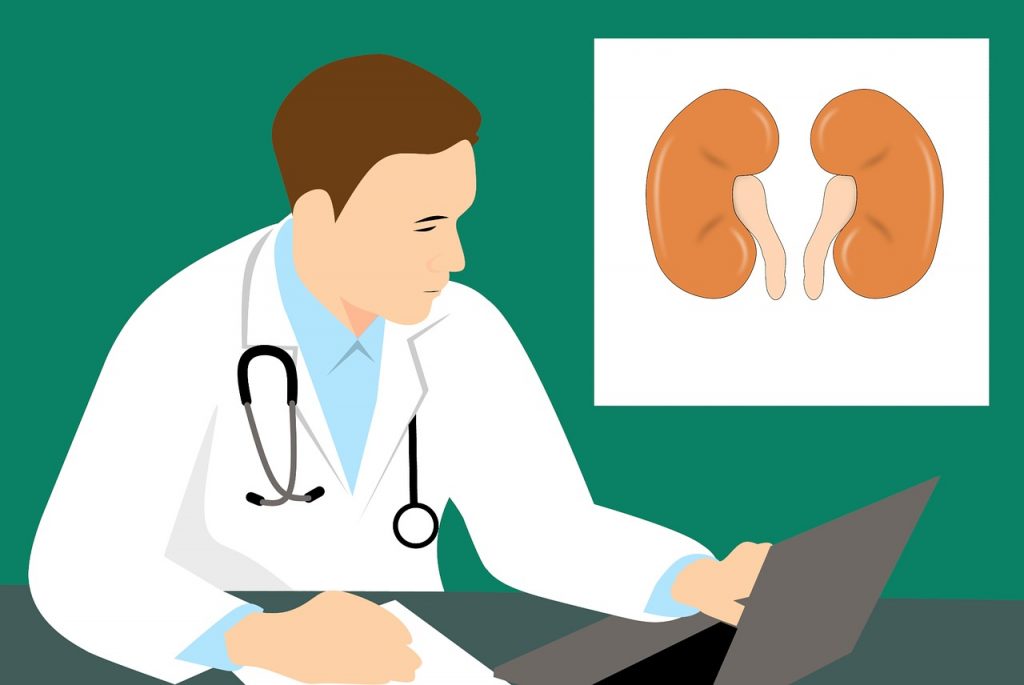The purpose of this study is to determine which combination of the tablets ramipril, irbesartan or spironolactone is best to lower protein leakage from the kidney. Protein leak from the kidney into the urine is an indicator of kidney damage. The higher the leak, the worse the damage and the more likely the patient will lose their kidney function long term. Interventions that lower protein leak make the kidneys last longer.
Official Title
A Double-Blind, Placebo-Controlled Study on the Effect of Spironolactone, in Patients With Persistent Proteinuria on Long-Term Angiotensin Converting Enzyme Inhibitor Therapy, With or With Out an Angiotensin II Receptor Blocker
Conditions
Kidney Disease, Diabetic Nephropathy, Glomerulonephritis, Proteinuria
Study Type
Interventional
Study Design
Prevention, Randomized, Double-Blind, Placebo Control, Parallel Assignment, Safety/Efficacy Study
Further Details
Primary Outcome Measures: percentage reduction in 24 hour urine protein excretion
Study Start
January 2002; Study completion: September 2004
Eligibility & Criteria
- Ages Eligible for Study: 18 Years – 75 Years
- Genders Eligible for Study: Both
Inclusion Criteria:
- Proteinuria more than 1.5 g/day
- On ACEI for more than 6 months
- Serum creatinine less than 200 micromol/L with less than 20% variability in the preceeding 3 months
- Creatinine clearance more than 30 ml/min, with less than 20% variability in the preceeding 3 months
Exclusion Criteria:
- Serum potassium level more than 5 mmol/L
- Treatment with corticosteroids, NSAID or immunosuppressant medication
- Acute myocardial infarction or cerebrovascular accident in the previous 6 months
- Severe uncontrolled hypertension (diastolic > 115 mmHg or systolic BP [blood pressure] > 220 mmHg)
- Evidence or suspicion of renovascular disease, obstructive uropathy, collagen disease, cancer, drug or alcohol abuse, pregnancy, or breast feeding and ineffective contraception
Total Enrolment
60
Contact Details
Department of Nephrology, The Royal Melbourne Hospital, Melbourne, Victoria, 3050, Australia
- Published in N Engl J Med
All content and media on the HealthEngine Blog is created and published online for informational purposes only. It is not intended to be a substitute for professional medical advice and should not be relied on as health or personal advice. Always seek the guidance of your doctor or other qualified health professional with any questions you may have regarding your health or a medical condition. Never disregard the advice of a medical professional, or delay in seeking it because of something you have read on this Website. If you think you may have a medical emergency, call your doctor, go to the nearest hospital emergency department, or call the emergency services immediately.







